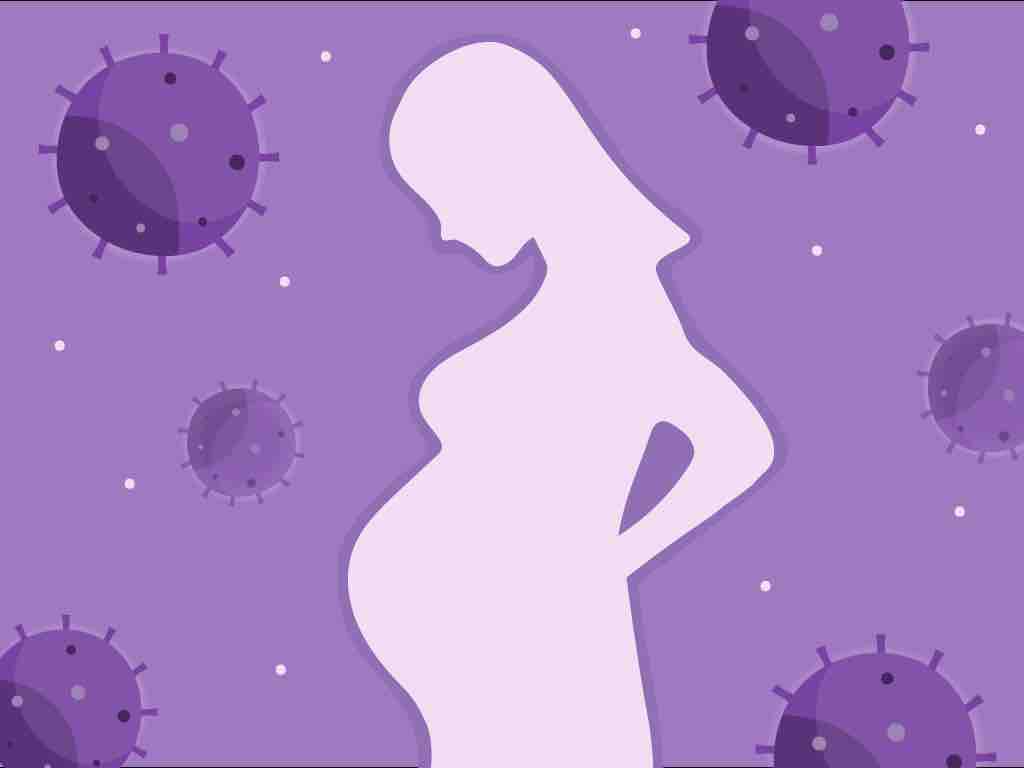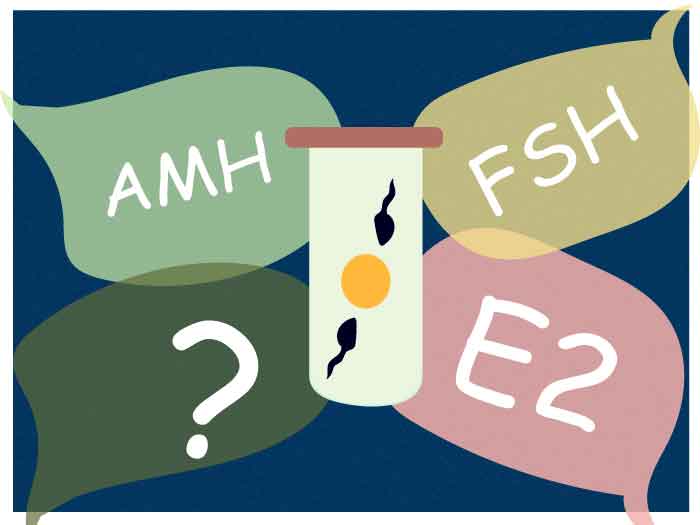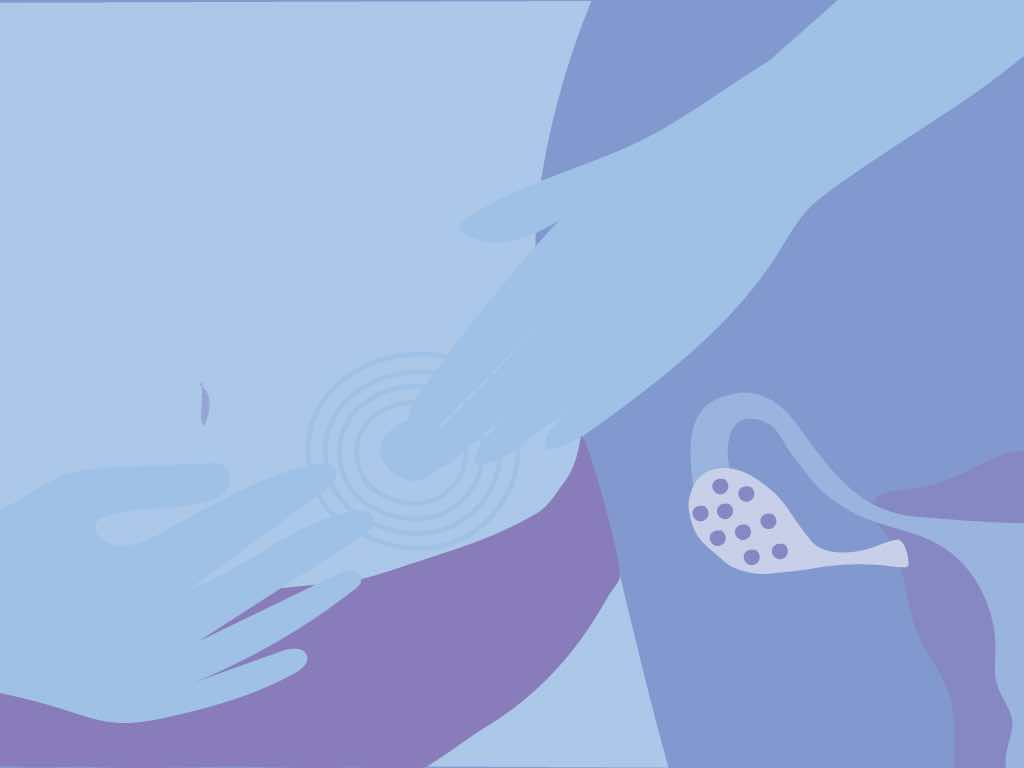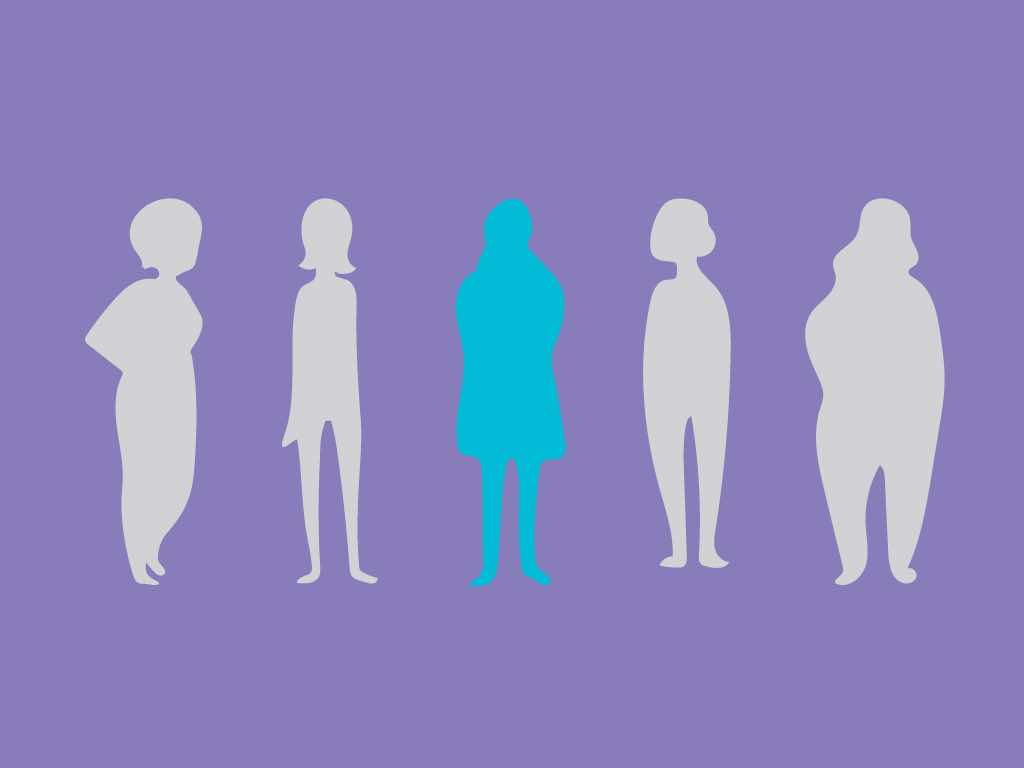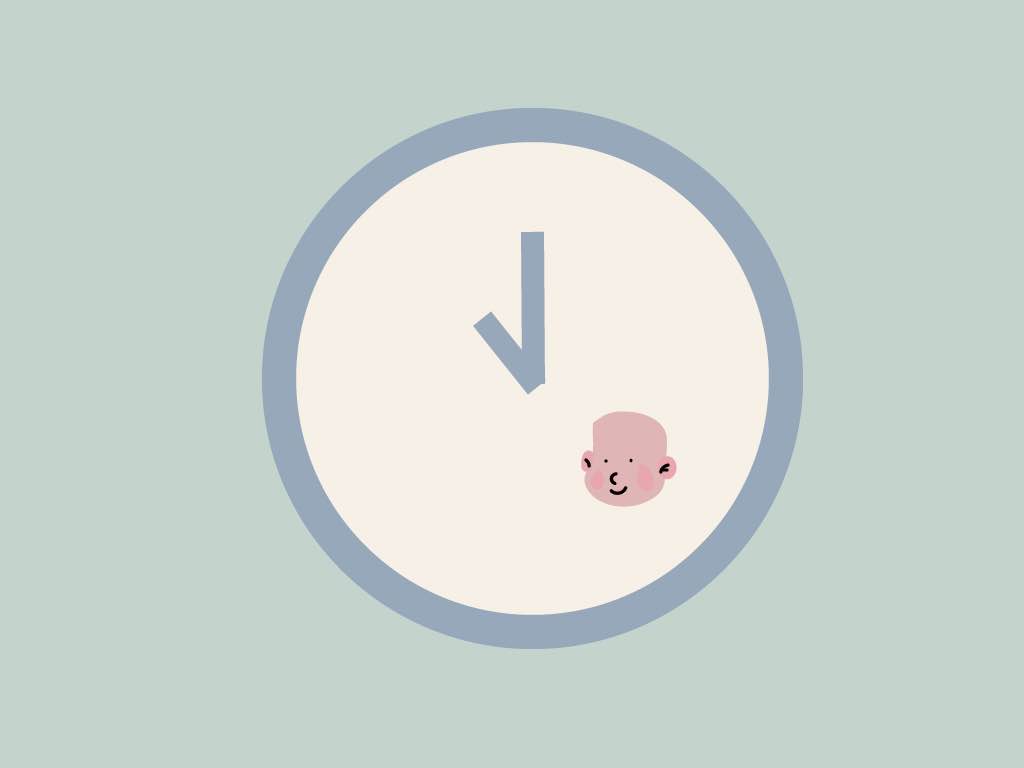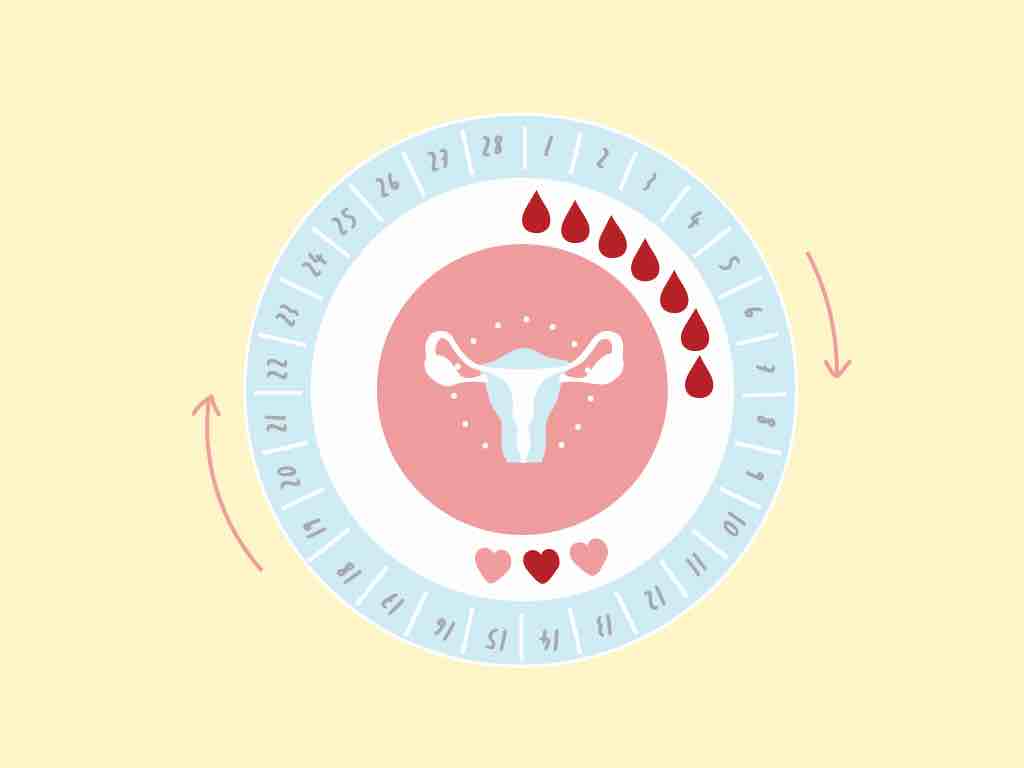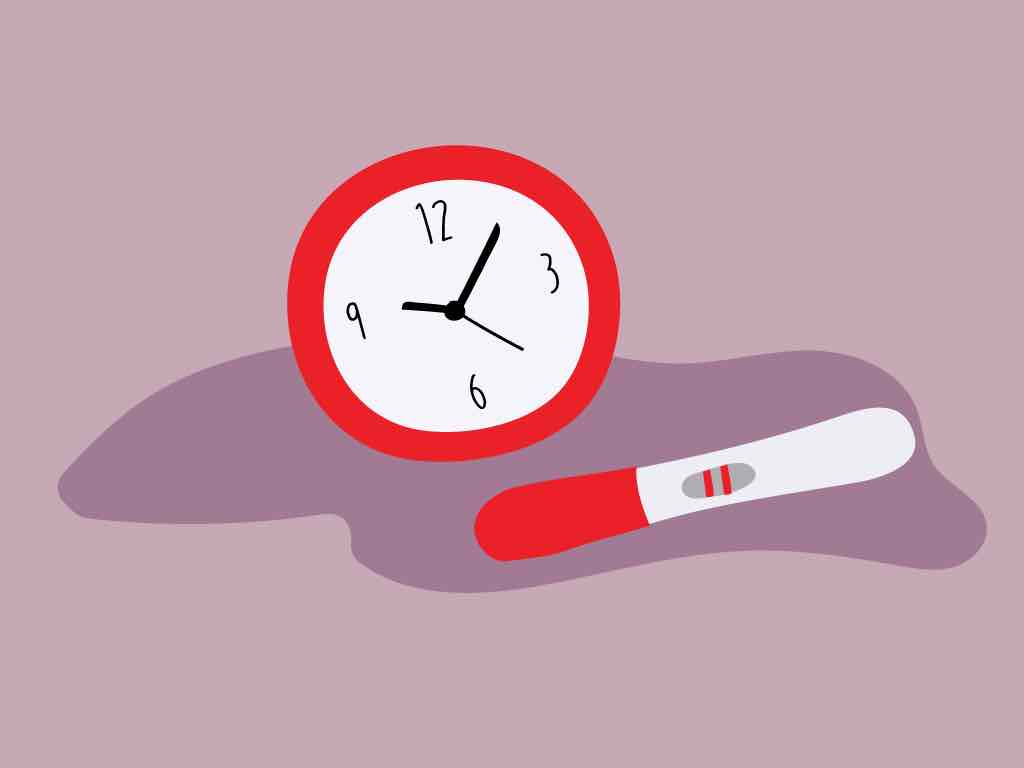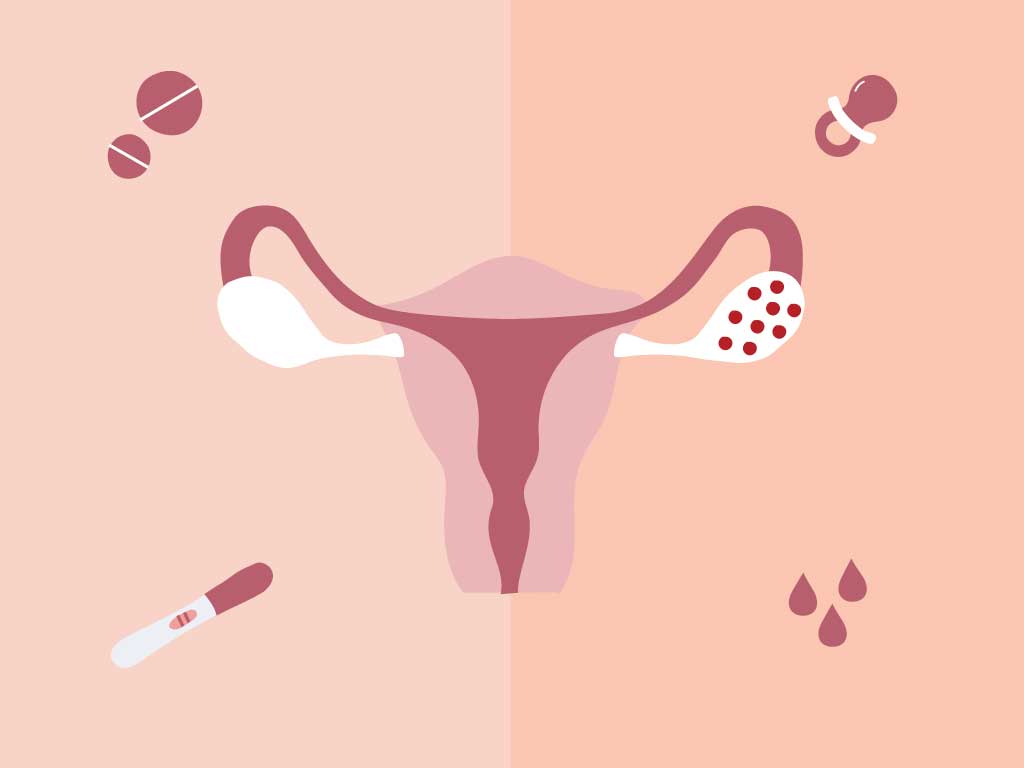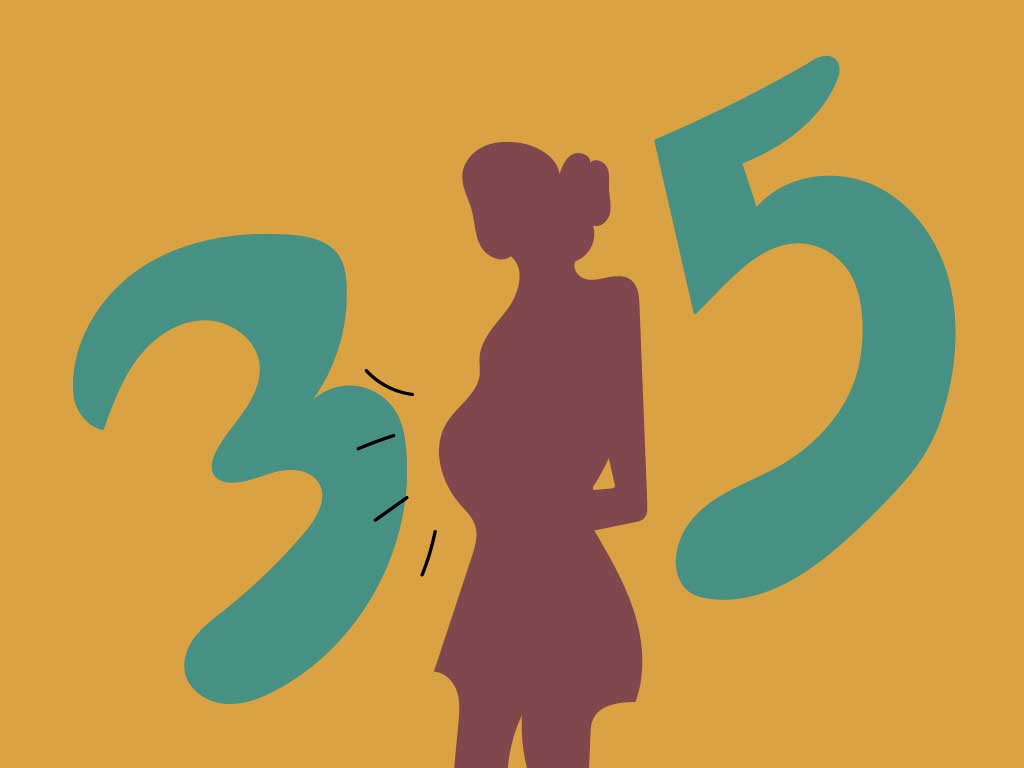Birth Control Improves Fertility, Did I Hear It Correctly?
March 6, 2020 | Bonné
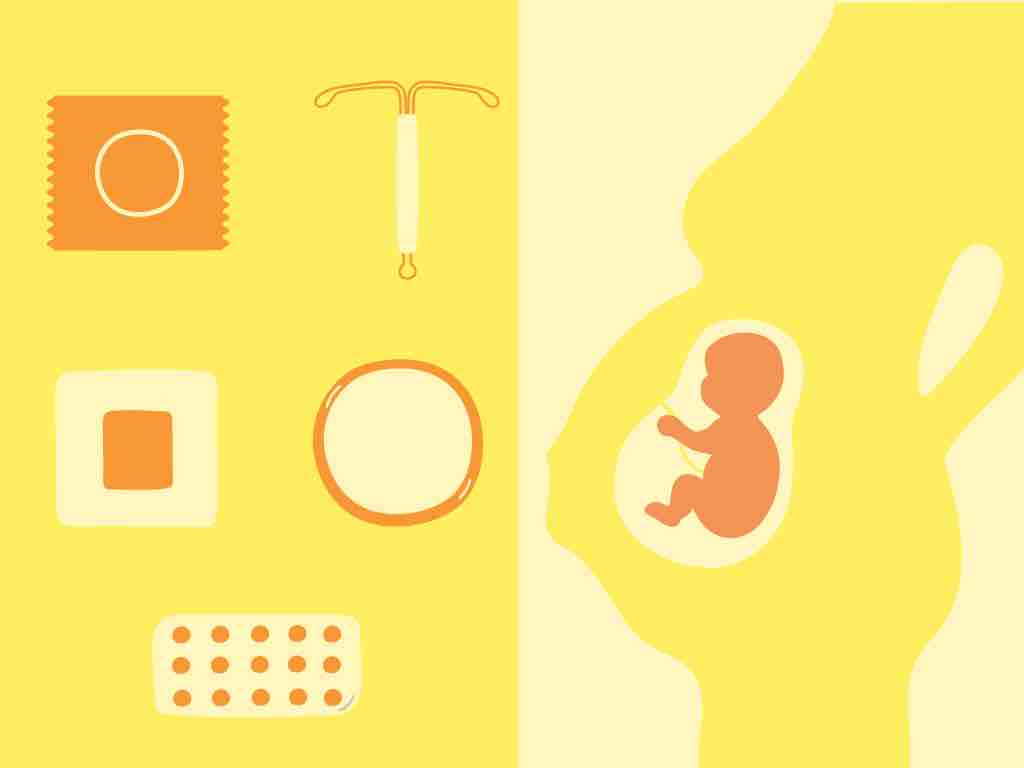
Top Things to Know
- Birth control pills do not negatively affect your fertility, though you might think so.
- Women who were on contraceptive pills for a minimum of 4-5 years have higher pregnancy rates a year after stopping the pills and trying to conceive.
- Common reason that women fail to conceive is having hormones out of balance, not the pills!
- Fertility test can help you constantly aware of your reproductive function.
We all have been taught about the important of safe-sex and contraception to prevent unwanted pregnancy since school days, but not that birth control can improve fertility! We know that there are various types of contraception, but the oral ones or pills (as we call them) with hormones seem to be the easiest one to reach out for.
And here are some side effects of the pills:
- Mid-cycle spotting or bleeding
- Missed periods
- Tenderness of breasts
- Nausea
- Weight gain
- Mood changes
- Vaginal dryness
Although these symptoms may make us believe that birth control pills affect women’s fertility in the long run (not to think about it improves fertility), actually they don’t! Surprised?
The Myth about Birth Control Pills and Fertility
Oh yes, birth control pills help improve women’s fertility! You read that right! There are enough pieces of scientific evidence suggesting that women, who have been on birth control pills for 4-5 years or longer, have a higher rate of conception in the first year after being off the pill[1] compared to women who have never taken the pill or have taken it for a short period of time.
This might be a bit of a shock for most women, which is understandable. Since birth control pills prevent some natural activities of women’s reproductive system, it is not a shame to believe that these pills may lead to infertility.
Oral contraceptive pills usually contain hormone estrogen and progesterone, or only progesterone (the mini-pill, we call it). When women are on these pills, the hormones either increase the thickness of the cervical mucus to make it harder for sperm to enter the cervix or prevent ovulation, depending on the hormones contained.
But, there is no evidence suggesting that hormonal or any other methods of birth control can cause women infertility (except, of course, the permanent sterilisation). [2]
Transitioning off Birth Control
It is certain that women need to stop all contraceptive methods before attempting to get pregnant. Women who stop taking birth control pills will notice that their menstrual cycles return to normal within one to three months after stopping the pill.
If your period has not yet started again after this time frame, get yourself a pregnancy test kit to confirm your pregnancy!
However if your cycles have returned, you still have difficulties conceiving. Speak to your fertility expert. Or read more here.
Fertility Testing and Birth Control
Don’t blame the pills! One of the main reasons that women fail to conceive is hormonal imbalance which can be triggered by various hidden conditions. Hormonal birth control pills, if taken correctly, won’t affect fertility. But if taken erratically or without guidance by health experts, can wreak havoc in women’s body and derail her normal cycles. Some women need to depend on hormonal birth control methods to have their hormonal levels in balance, or to treat conditions like POI and PCOS. Of course, these treatments should be prescribed by doctors.
Read more about hormonal imbalance
Because contraceptive methods offer more than just contraception, it is highly recommended you should get a fertility profile test when you decide to get pregnant, especially after being on birth control pills. YesMom’s fertility profile testing will help you understand your hormonal levels and point out the real reason for your difficulty in conceiving.
[1] Birth Control Pills May Aid Fertility, WebMD, Available at: https://www.webmd.com/sex/birth-control/news/20020827/birth-control-pills-may-aid-fertility, Published on 27th September 2002
[2] The Pill May Actually Help Some Women Get Pregnant, WebMD, Available at: https://www.webmd.com/sex/birth-control/news/20000406/pill-higher-pregnancy, Published On: 6th April 2000.
Can Birth Control Make You Infertile? Get the Facts, CCRM Fertility, Available at: https://www.ccrmivf.com/blog/birth-control-infertility/, Published on: 17th May 2019
Rachel Gurevich, Reviewed by Dr. Meredith Shur, Can Birth Control Harm Fertility or Cause Infertility?, Verywell Family, Available at: https://www.verywellfamily.com/can-birth-control-harm-fertility-or-cause-infertility-1959939, Updated on 21st March 2019
10 Most Common Birth Control Pill Side Effects, Medical News Today, Available at: https://www.medicalnewstoday.com/articles/290196#side-effects,


